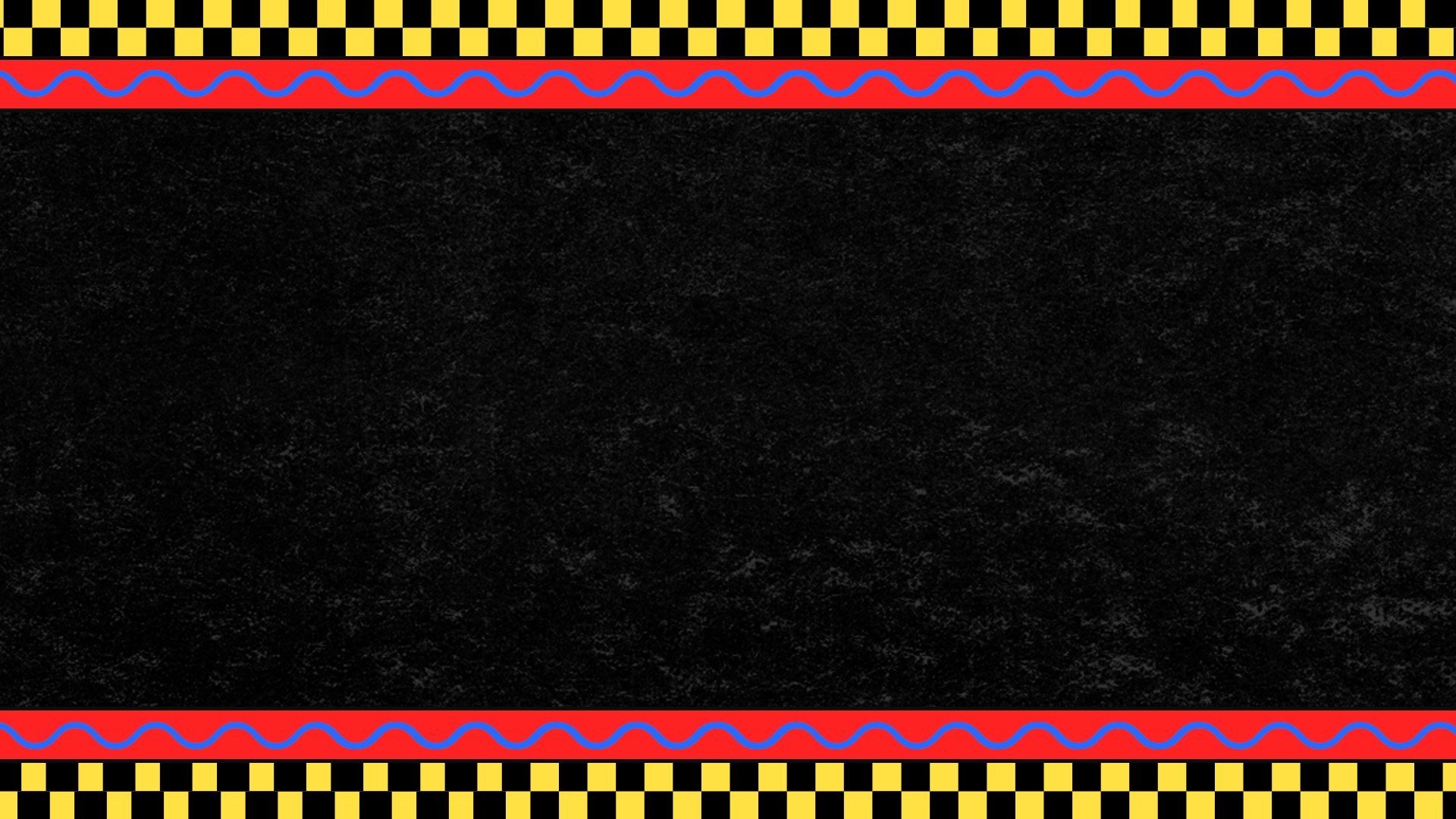
Module 5 - Dare to Invent the Future
“You cannot carry out fundamental change without a certain amount of madness. It took the madmen of yesterday for us to be able to act with extreme clarity today. I want to be one of those madmen. We must dare to invent the future.” -Thomas Sankara
We insist on determining the future we want rather than accepting a predetermined destination. The past is a source of knowledge and experience, reminding us of the collective struggle that brought us to our present conditions and only through collective struggle will we continue to advance history. As we continue to struggle for our future, we must lay the groundwork for the society and world we are determined to create - what can we learn from those who fought before us for the transformation of their society?
Module 5 Reading
Development of Socialism in the Arab World
Tues. April 16 at 6:30 PM ET
Instructor: Yara Shoufani and Layan Fuleihan
“The Arab nationalists … realised that they could not win the war against imperialism unless they relied on…those classes who fight against imperialism not only for their dignity, but for their livelihood. And it was this that would lead directly to socialism.”-Ghassan Kanafani
The development of Marxism-Leninism in the context of the intense and protracted struggle against colonialism and imperialism in the Arab region is an essential development for students of revolution to investigate. Looking into key Arab Marxist thinkers and revolutionaries, their proposals, contributions and debates, and the conditions they confronted, we will begin to develop an approach to understanding this period and its legacy for struggle today.
Art and National Liberation
Wed. April 17 at 6:30 PM ET
Instructor: Tings Chak
“A people’s art is the genesis of their freedom” - Claudia Jones
From agitating to raising the consciousness of the people, art has played a key role in advancing revolutionary struggle. Across the world, revolutionary movements stood firm that there was no such thing as ‘art for art’s sake’ and rejected the notion that art was separated from politics. Instead, these movements believed that art and culture are central to class struggle, and that artists and cultural workers played a key role in not only exposing and criticizing the enemy, but in learning and teaching others, drawing the masses to the righteousness of the struggle for liberation. Ultimately, art must be a weapon for struggle!
Additional Readings:
Tricontinental Dossier: Go To Yan’an: Culture and National Liberation
Tricontinental Dossier: The Art of the Revolution Will be Internationalist
The Struggle for Liberation on the African Continent
Thurs. April 18 at 6:30 PM ET
Instructor: Mikaela Erskog
The period between 1900 and 1960 was crucial in dismantling the European colonial structures on the African continent. As early as 1920, South Africa saw a burgeoning class consciousness as militant proletarian organizations emerged among the striking workers of the docks, factories, and mines. In just a generation, the 1960s marked a peak in anti-imperial and anti-colonial movements, with more than 17 African countries gaining independence from their colonial oppressors. Previous differences among the people, such as language, religion, and gender, were challenged in the name of national liberation, sparking new conceptions of unity. The logic of the 1884 Berlin Conference was coming under attack, igniting a violent reaction characteristic of the European powers. Marked by coups and assassinations of African leaders by Western powers, the political landscape requires rigorous study of the intimately linked struggles for liberation on the African continent in the past and the current developments surrounding national sovereignty in regions like the Sahel. In 2024, Africa's continued struggles for freedom provide new lessons in the fight against neo-colonialism and capitalism.
Additional Readings:
Tricontinental Dossier: What is Pan-Africanism?

